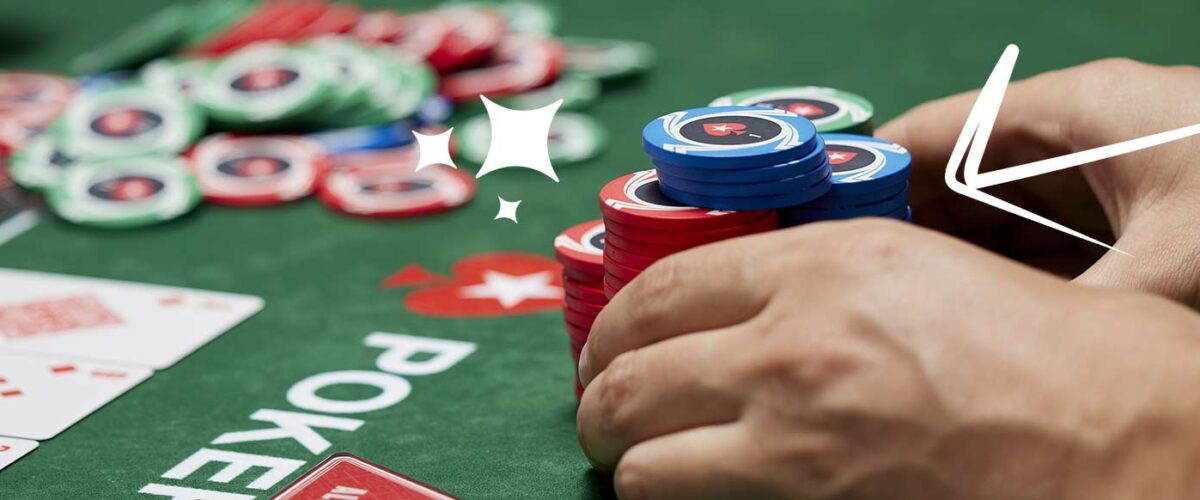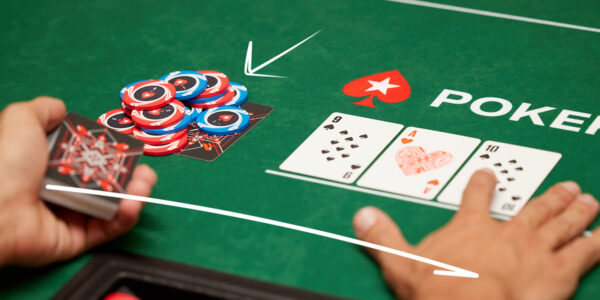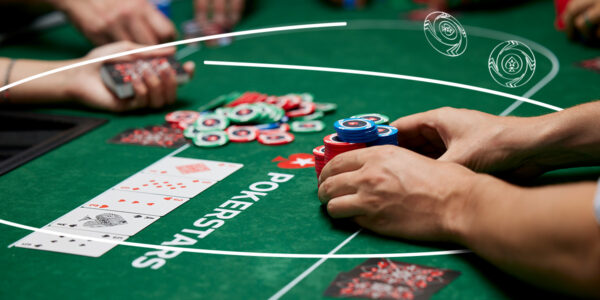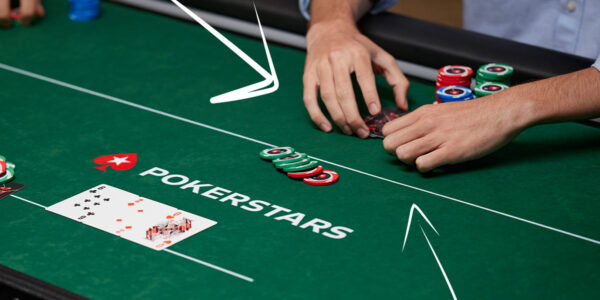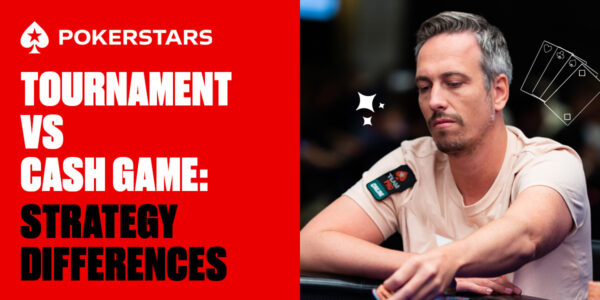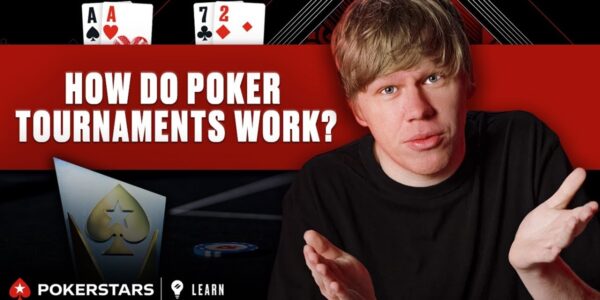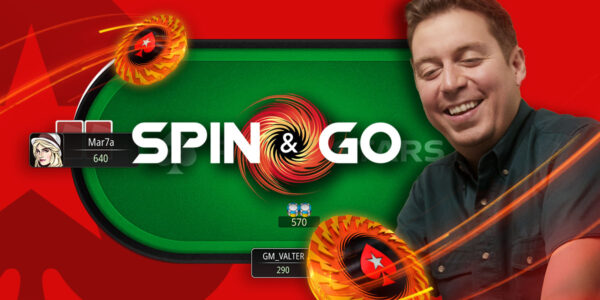How to Bluff in Cash Games
Cash games offer players the opportunity to generate consistent profits over the long run. However, many players struggle to adapt their style from tournaments to cash games. In this video, PokerStars Team Pro player Lex Veldhuis provides an in-depth masterclass on developing a winning cash game strategy, that includes bluffing.
Understanding Ranges
Lex begins by emphasizing the importance of understanding ranges in cash games. Your own range will be tighter in early positions but loosen up as you get closer to the button. You need to consider your opponent’s ranges to determine if you can value bet or bluff effectively. He notes that most players don’t adjust their strategy enough from tournaments to cash games and that they play too many speculative hands from early positions.
When to Bluff
Lex outlines some key principles for bluffing successfully in cash games during the video. One particular thing to note is that you should always bluff with weaker hands that have little showdown value; hands that can’t beat many other hands in your range are prime bluffing candidates. Furthermore, choose hands that block your opponent from having strong hands that could call your bluff. Bet sizing is also important for bluffs, as you can bluff more aggressively if your opponent’s range is weak.
Playing Pocket Pairs
Pocket pairs are profitable hands in cash games, but you need to know which pairs to check, call or open raise from, according to different positions. Lex recommends opening any pair from late positions but only opening higher pairs like 7-7+ from early positions. Being willing to settle with small and middle pocket pairs and calling a raise to see a cheap flop is key.
Defending Your Blinds
Lex emphasizes the need to defend your blinds aggressively in cash games. You can’t profitably fold every hand in the blinds, so look for opportunities to 3-bet light, especially in late positions. However, be very selective with the hands you call from the small blind, as you’ll often be out of position and at a range disadvantage. Look for speculative hands with potential to make strong draws that you can play aggressively if you hit.
Cash Game Fundamentals
Some key fundamentals for success in cash games include choosing an appropriate buy-in size for your bankroll and skill level; leaving when tired to avoid costly mistakes; taking notes on regular opponents; using a randomizer when unsure whether to bluff or value bet; and always sitting out for one hand when done to get a free blind. Following these fundamentals, combined with the strategic concepts covered in the video, will help you build a winning cash game strategy, whether you’re bluffing or have the strongest hand.


